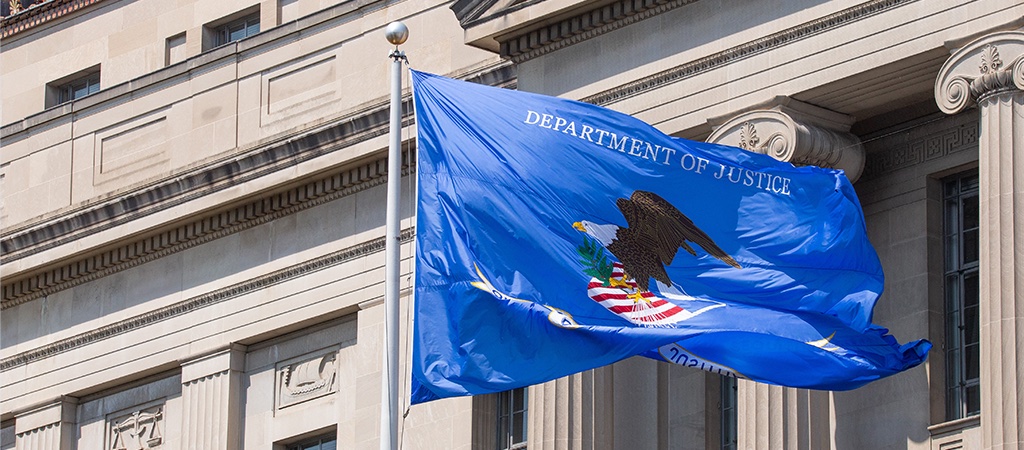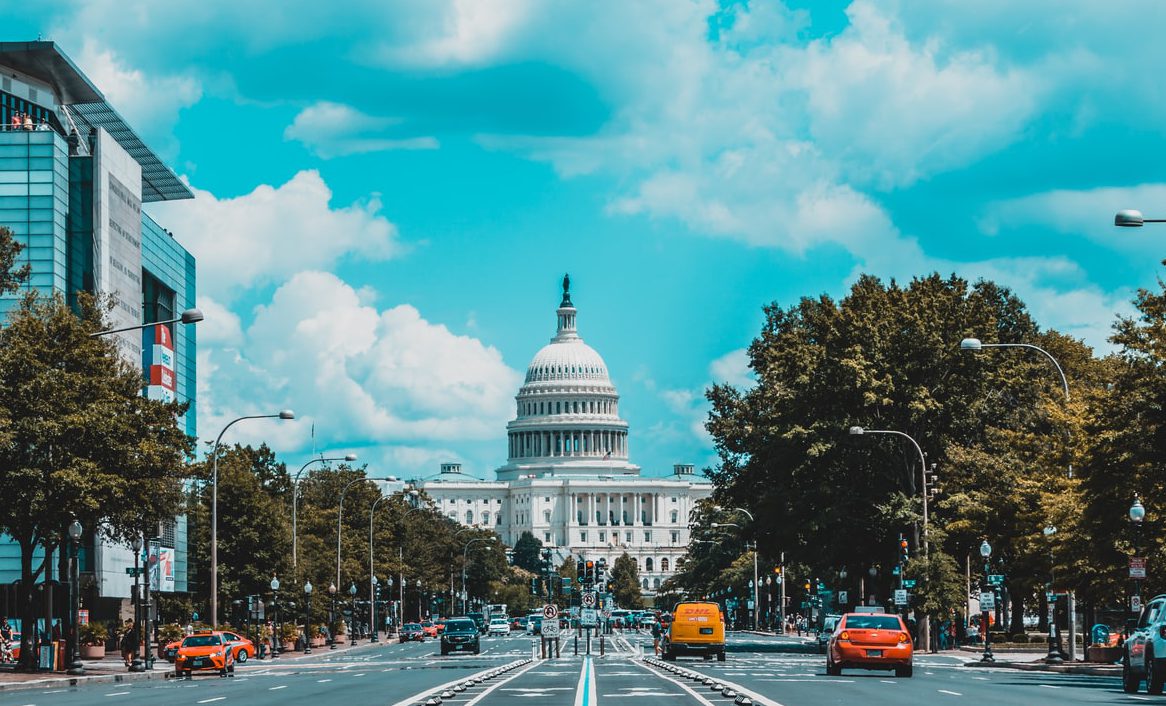GPS, Smart Homes, Cameras: An 18th-century protection acts as a guardian of digital trust.
PRAY FIRST for discernment in legal interpretation and for God to give wisdom to judges and lawmakers as they interpret laws meant to protect human dignity.
Apply your heart to instruction and your ear to words of knowledge. Proverbs 23:12
In a time when a smartphone holds more information about us than our homes did in 1791, what does the Fourth Amendment truly protect, and how far does that protection extend?
The Fourth Amendment of the U.S. Constitution reads: “The right of the people to be secure in their persons, houses, papers, and effects, against unreasonable searches and seizures, shall not be violated, and no warrants shall issue, but upon probable cause…”
Its original purpose was to prevent abuses like the British “writs of assistance,” which allowed authorities to search homes and businesses without specific justification. This protection was designed not just to safeguard property, but to defend the dignity of private life from arbitrary intrusion.
While the Founders didn’t foresee cloud storage or biometric tracking, they did design a principle meant to restrain the state’s reach and to evolve with context. The Fourth Amendment’s open language has allowed courts to interpret its application in new eras.
Technology on Trial: Modern Data and the Fourth Amendment
A central legal and ethical debate today is whether digital data—such as text messages, emails, and location history—should receive the same protection as physical property.
The Supreme Court has issued some rulings in this space. In Carpenter v. United States (2018), the Court held that accessing historical cell-site records, which reveal a person’s location over time, requires a warrant. Earlier, in United States v. Jones (2012), law enforcement’s use of a GPS tracker on a suspect’s car without a warrant was ruled unconstitutional.
Still, legal gaps persist. Smart home devices, such as virtual assistants or security cameras, raise complicated questions. Can what you say to a voice assistant be subpoenaed? Should the temperature data from your smart thermostat be used to infer criminal activity? Legal precedent is lagging behind the pace of technology.
Public Perception and Digital Awareness
Most Americans are only vaguely aware of what data is protected and what isn’t. According to Pew Research Center (2023), 79% of U.S. adults are concerned about how companies use their personal data, but far fewer know their constitutional rights related to digital privacy.
Public education on these issues remains low, and with the complexity of terms of service agreements, many people have unknowingly waived significant privacy rights.
Private Hands, Public Consequences
Although the Constitution restrains government actors, it does’t directly limit private companies. Tech platforms like Google or Meta are able to collect and use vast amounts of personal data unless restricted by consumer protection laws.
The complication emerges when those companies voluntarily hand over user data to government agencies. While courts have established some barriers, data-sharing arrangements often remain unclear and under-regulated.
Surveillance and Security: The Tension Between Protection and Privacy
The digital era has created new national security concerns, and with them, new surveillance powers. Programs like PRISM (the use of National Security Agency collecting data from internet companies), exposed by Edward Snowden, revealed how intelligence agencies collected bulk data from users—without their knowledge and often without a warrant.
This surveillance sparked debate: Can mass data collection be justified in the name of safety, or does it violate the Fourth Amendment’s guarantee against unreasonable searches? Many privacy advocates argue that suspicion less data collection, even for security purposes, is unconstitutional.
Data Brokers and Platform Accountability
The Fourth Amendment was written to restrict the state, but in the digital world, private companies often hold more data than the government. Social media platforms, online retailers, and mobile apps collect location, search, and behavioral data daily.
These companies are not bound by the Constitution, but when they voluntarily share or sell this data to government entities, the lines blur. The Federal Trade Commission (FTC) has raised concerns over how transparently companies disclose these practices.
Reform efforts like the proposed American Data Privacy and Protection Act hope to set clearer boundaries, but they have yet to pass.
Reform and Legislative Debate
Growing bipartisan concern over digital surveillance and data privacy has led lawmakers to propose reforms, including requiring warrants for accessing cloud-stored emails and limiting the use of facial recognition technologies. Rather than rewriting the Fourth Amendment, many argue for its modern reapplication—through updated judicial interpretations and new statutes that reinforce its original intent.
While there is broad agreement on the need for stronger protections, debates persist over how to balance national security with individual privacy rights. In response to these concerns, Congress passed the Protecting Americans’ Data from Foreign Adversaries Act (PADFAA) in 2024. This law prohibits data brokers from selling or transferring sensitive personal data—such as biometric, health, financial, and location information—to foreign adversaries.
Why It Matters and How We Can Respond
At its core, the Fourth Amendment protects the intimate details of our lives—our beliefs, movements, communications, and personal spaces.
We are called to uphold truth and value the dignity of each person. Ecclesiastes 7:7 reminds us that “surely oppression drives the wise into madness,” and unchecked surveillance can easily become a form of silent oppression.
Our response to surveillance and digital privacy should be grounded in both humility and conviction. Scripture affirms the value of the unseen and the private. Jesus himself withdrew to pray in solitude (Luke 5:16), and our faith teaches us that the inner life matters deeply.
When we allow privacy to be eroded, even in the name of safety, we can risk dehumanizing people into data points. Protecting boundaries isn’t about secrecy. It’s about stewardship.
HOW THEN SHOULD WE PRAY:
— Pray for God to guide us and raise awareness among us and our neighbors and for us to understand our rights and responsibilities in the digital age. The prudent sees danger and hides himself, but the simple go on and suffer for it. Proverbs 22:3
— Pray for God to direct our leaders to pioneer ethical innovation and for technology be used to serve people, not exploit them. Do not be overcome by evil, but overcome evil with good. Romans 12:21
CONSIDER THESE ITEMS FOR PRAYER:
- Pray for discernment and integrity for lawmakers and judges shaping and interpreting laws surrounding the 4th Amendment to properly adapt protections to our digital world.
- Pray that those who design and manage digital platforms would prioritize ethical standards and respect for user privacy.
- Pray for transparency in government surveillance, that it may serve public safety without compromising individual liberties.
Sources: American Civil Liberties Union, Supreme Court, Electronic Frontier Foundation, Federal Trade Commission, Federal Communications Law Journal, Pew Research Center









